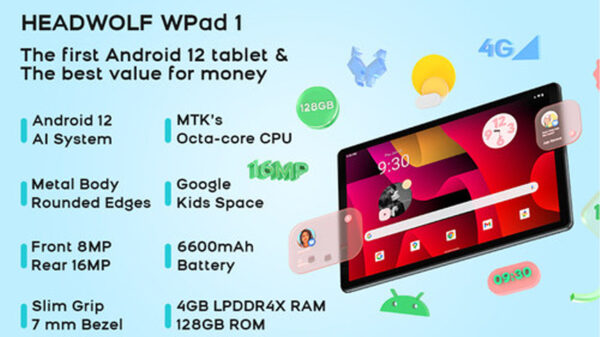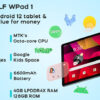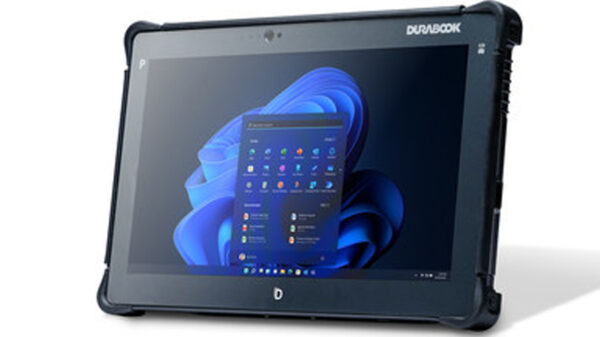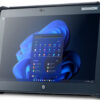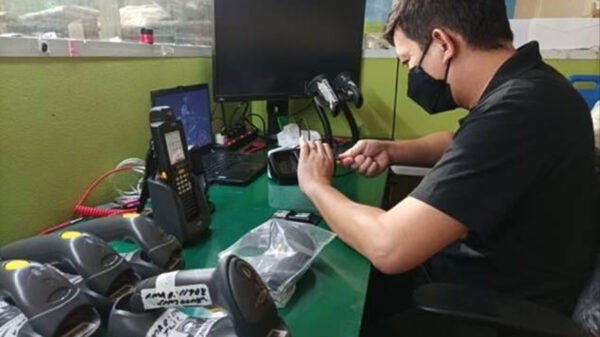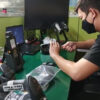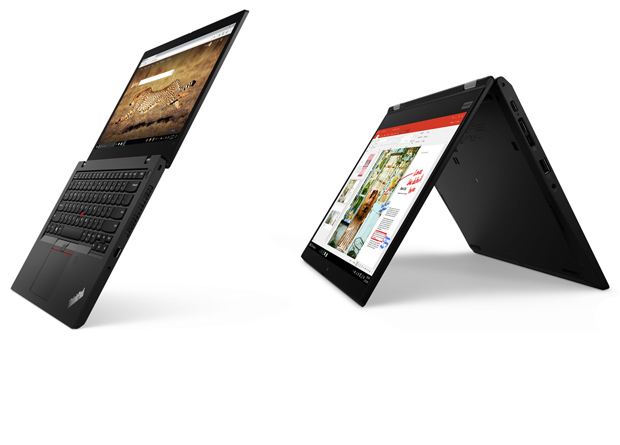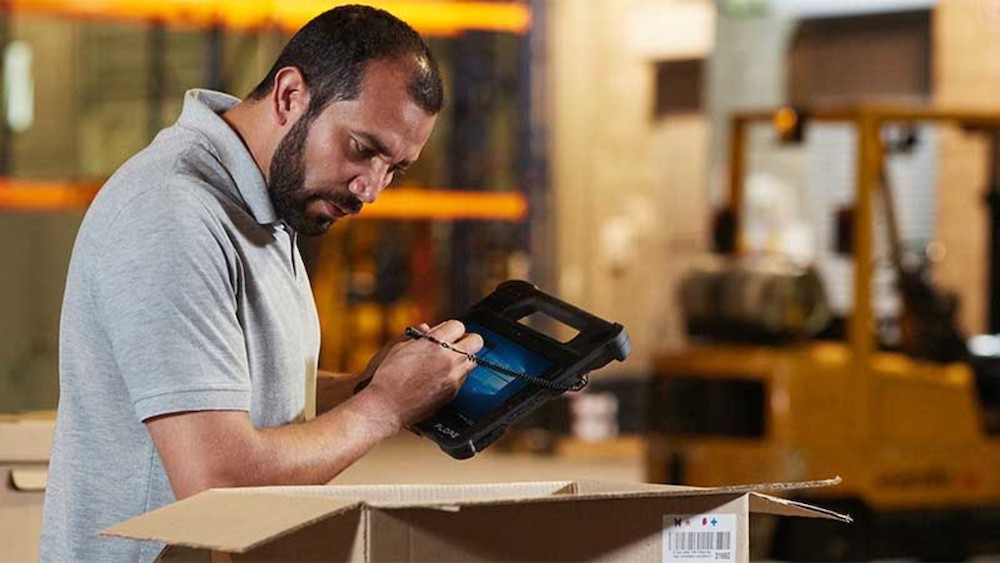Two-thirds (66 percent) of surveyed associates believe that if they are equipped with tablets, they could provide better customer service and improve the shopping experience, according to Zebra Technologies Corporation’s 11th annual Global Shopper Study.
In the Philippines, shopping malls have become a one-stop shop for everything including food, entertainment, healthcare and even government offices. However, due to the high smartphone penetration and social media usage, e-commerce segment projects strong growth potential. Online sales make up less than two percent of the total retail sales compared to around 10 percent in the developed world, according to Philippine Retailers Association.
Fifty-five percent of surveyed retail store associates agree that their company is understaffed, and nearly one-half (49 percent) feel overworked. Store associates cite frustration with their inability to assist customers as 42 percent find they have little time to help shoppers because of pressure to get other tasks completed. Another 28 percent claim that it’s difficult to get information to help shoppers. Most surveyed retail decision makers (83 percent) and store associates (74 percent) concur that shoppers can have a better experience with technology-equipped sales associates.
Meanwhile, only 13 percent of surveyed shoppers completely trust retailers to protect their personal data, the lowest level of trust among 10 different industries. Seventy-three percent of surveyed shoppers prefer flexibility to control how their personal information is used.
“Our study reveals shopper expectations are on the rise,” said Jeff Schmitz, Senior Vice President and Chief Marketing Officer, Zebra Technologies. “While retailers are addressing fulfillment challenges, they also need to provide a more trusted, personalized shopping experience that gives customers what they want, when, where, and how they want it.”
The study also identified diverging expectations on the impact of automation between retailers and store associates. Nearly 80 percent of retail decision makers – compared to 49 percent of store associates – agree that staff checkout areas are becoming less necessary due to new technologies that can automate checkout. Also, more than one-half of retail decision makers (52 percent) are converting point-of-sale (POS) space to self-checkout, and 62 percent are transforming it for online order pickup.
More than one-half of shoppers (51 percent) believe they are better connected with their smartphones than store associates. Retailers are investing in edge technologies to combat this gap. Nearly 60 percent of retailers plan to increase their spend on handheld mobile computers by more than six percent, and more than one-in-five retailers (21 percent) plan to spend greater than 10 percent on rugged tablets over the next three years.




































































































